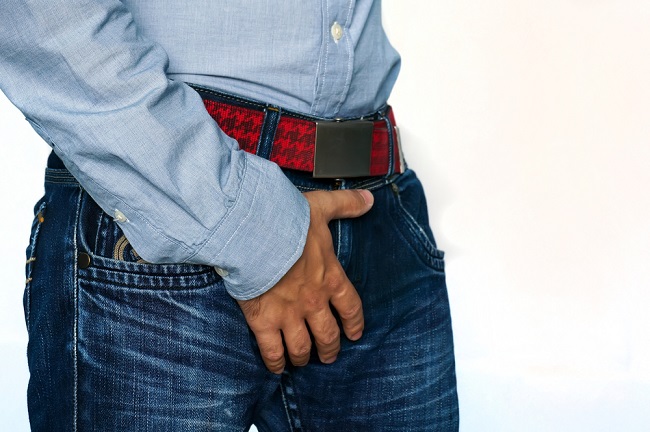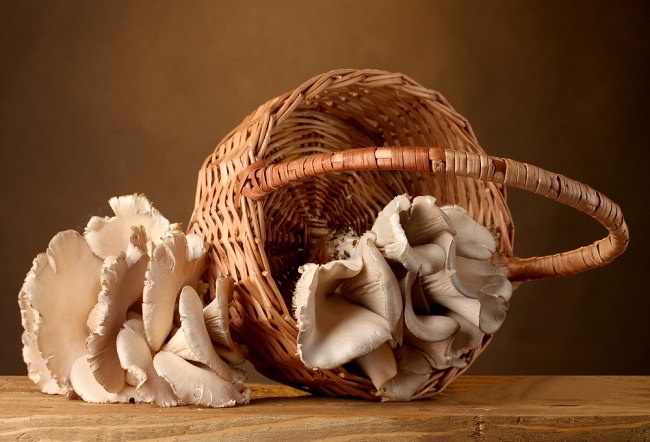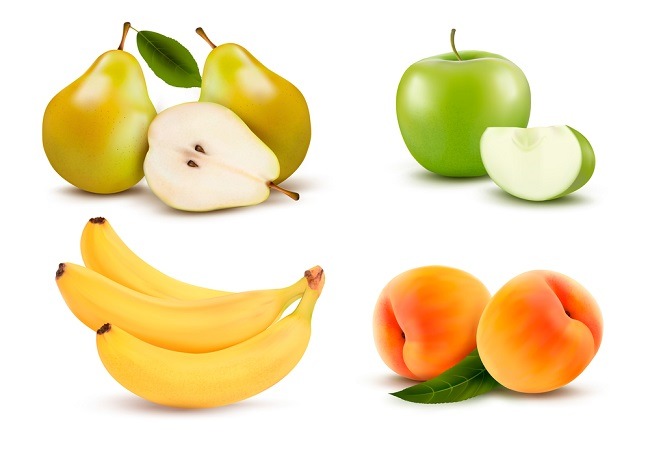One of the most common dental complaints is pain. This complaint can occur because your teeth are sensitive or cavities. Although at first glance similar, there are several things that can distinguish pain due to sensitive teeth and cavities, you know.
Tooth pain can occur when the nerves of the teeth are exposed to external stimuli. This can occur due to the condition of the enamel (the outermost layer of the teeth) which is indeed thin, damaged, or eroded, it could also be due to cavities.

At first glance, the pain caused by sensitive teeth and cavities feels similar. The trigger is the same, namely cold, hot, sweet, or sour food or drink, brushing your teeth, or cold air. Even so, if you have experienced toothache due to these two conditions, you may be able to feel the difference.
The Difference Between Sensitive Tooth Pain and Cavities
Pain, both in sensitive teeth and cavities, both appear when there is a trigger. The difference is, in sensitive teeth, pain generally appears in almost all teeth. This pain is also usually milder and temporary.
Meanwhile, the pain that appears due to cavities is only felt in the damaged area. The pain that appears also tends to be sharper, depending on the level of tooth decay. The pain is also usually felt worse when chewing.
How to Overcome Pain Due to Sensitive Teeth and Cavities
The treatment for pain caused by sensitive teeth and cavities is different. Cavities certainly require examination and treatment by a dentist. Meanwhile, to relieve pain due to sensitive teeth, you can do the following:
Use a special toothpaste for sensitive teeth
Choose a toothpaste made especially for sensitive teeth. These toothpastes generally contain ingredients that don't irritate your tooth enamel. Toothpastes specifically for certain sensitive teeth also contain strontium chloride which can relieve tooth sensitivity to food or drink that causes toothache.
Use a toothbrush with soft bristles
Choose a toothbrush with soft bristles and brush your teeth slowly to remove any food debris stuck between your teeth. Don't brush your teeth too hard, as this will thin the enamel on your teeth and make your teeth more sensitive.
Gargle with salt water
Salt water is known to help relieve pain caused by sensitive teeth. In addition, gargling salt water can also help remove food debris that may still be stuck between your teeth and potentially cause bacterial infections.
If your teeth often feel sore, try to estimate whether the cause is sensitive teeth or cavities, by recognizing the difference. If you think the toothache you are experiencing is caused by sensitive teeth, you can do the above methods to relieve it.
However, if the toothache you feel does not improve, gets worse, or is accompanied by other disturbing symptoms, immediately consult a dentist for further treatment.









